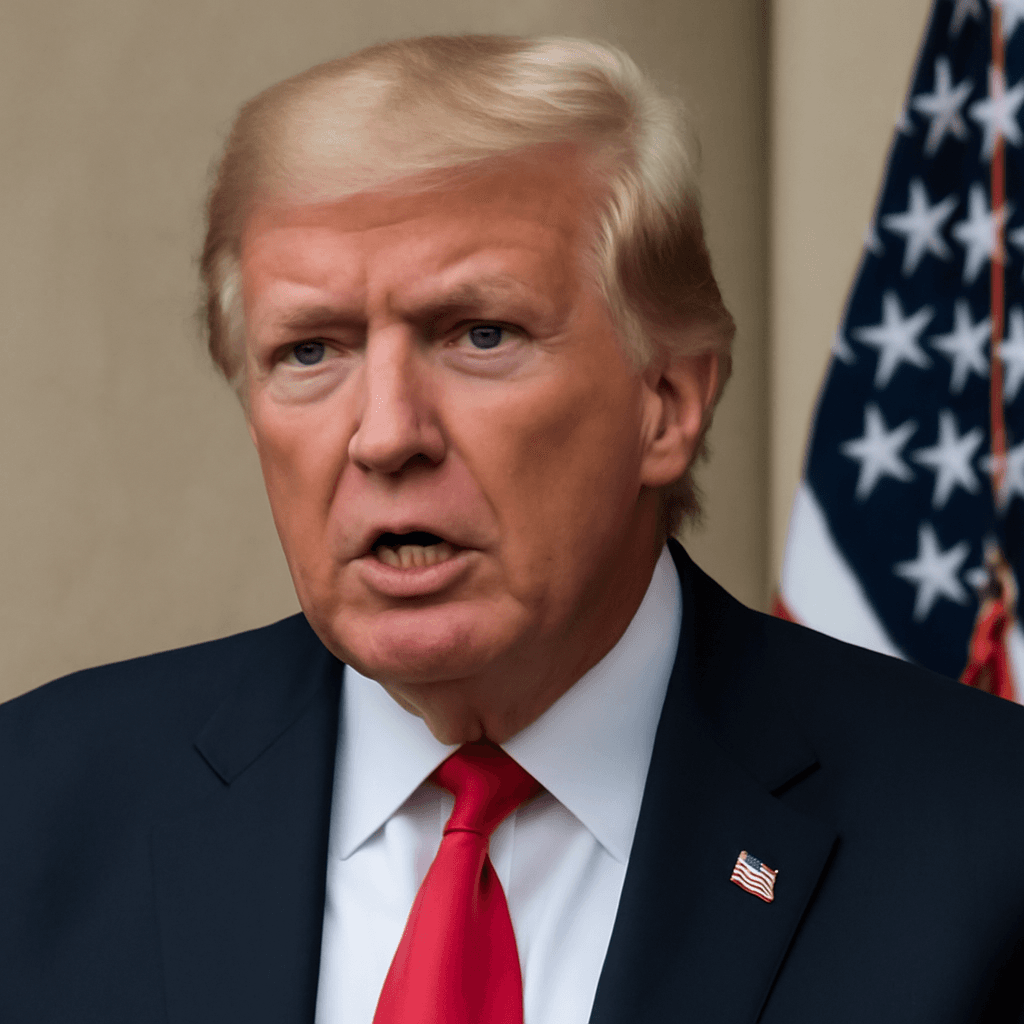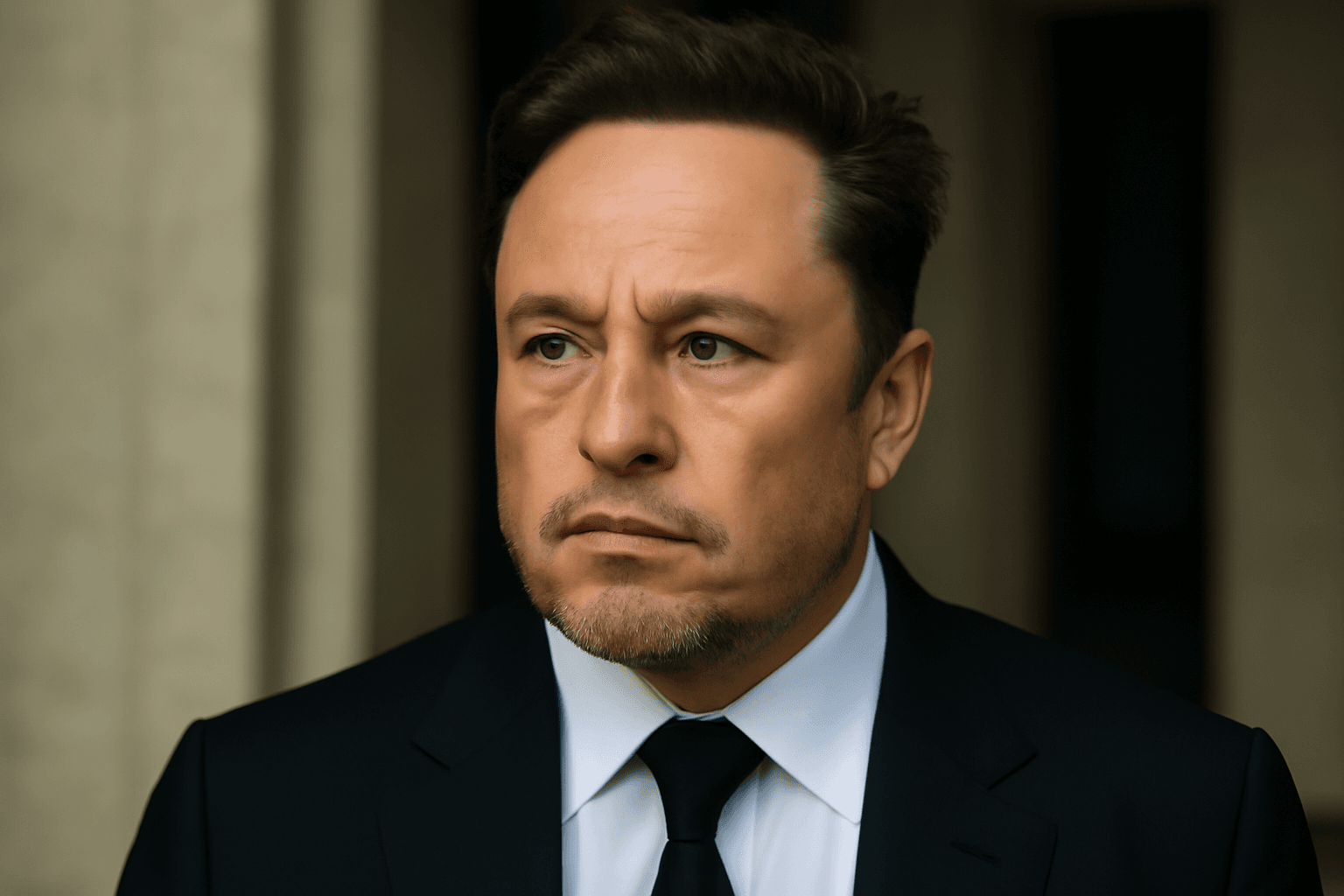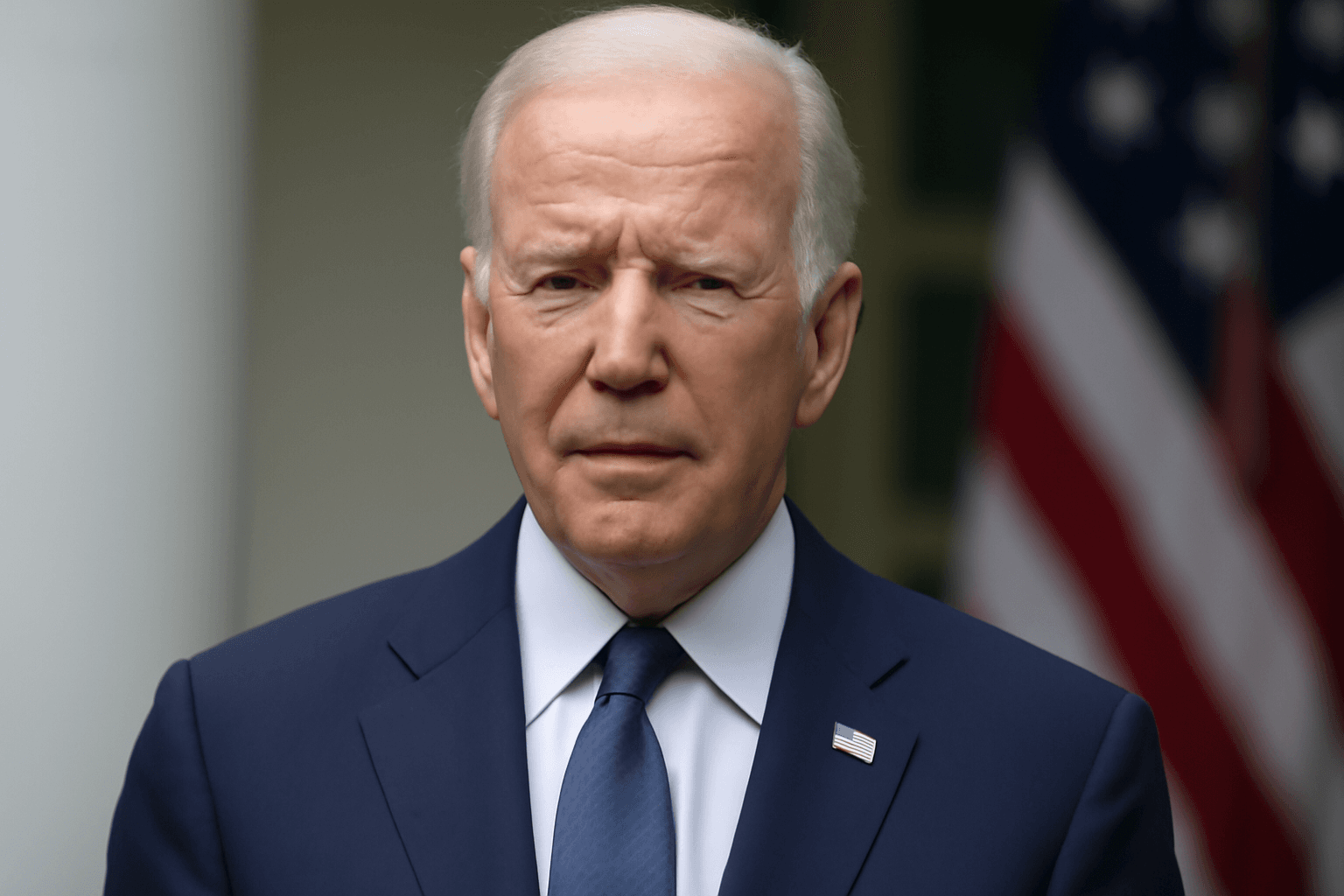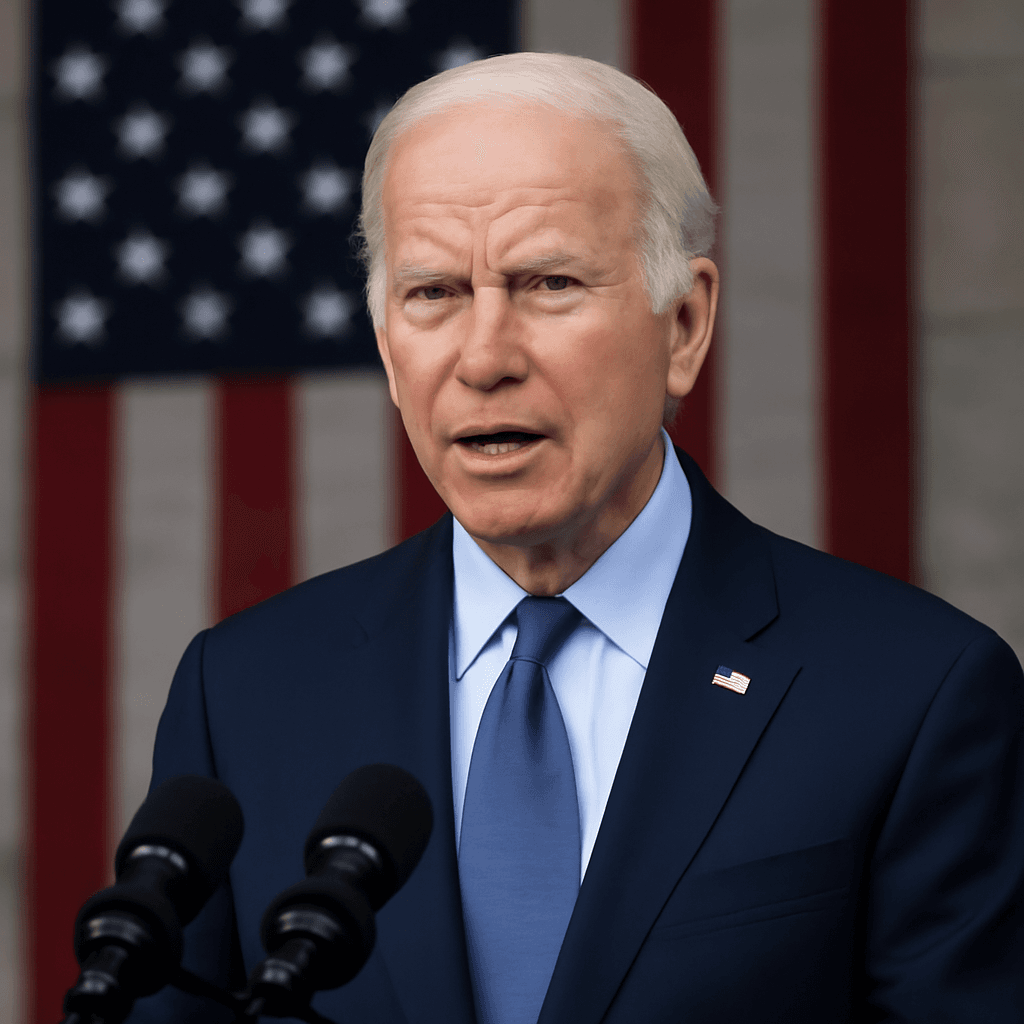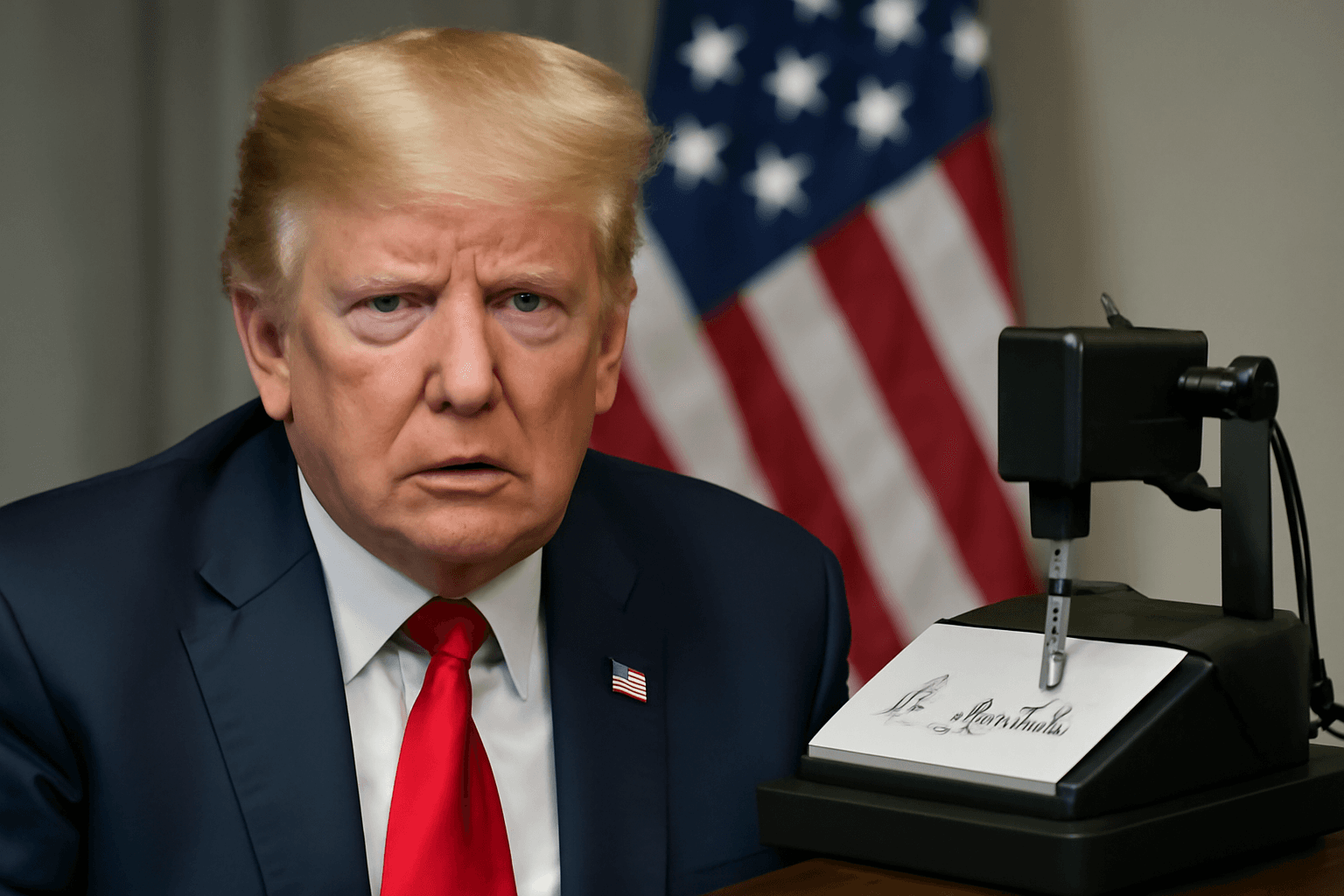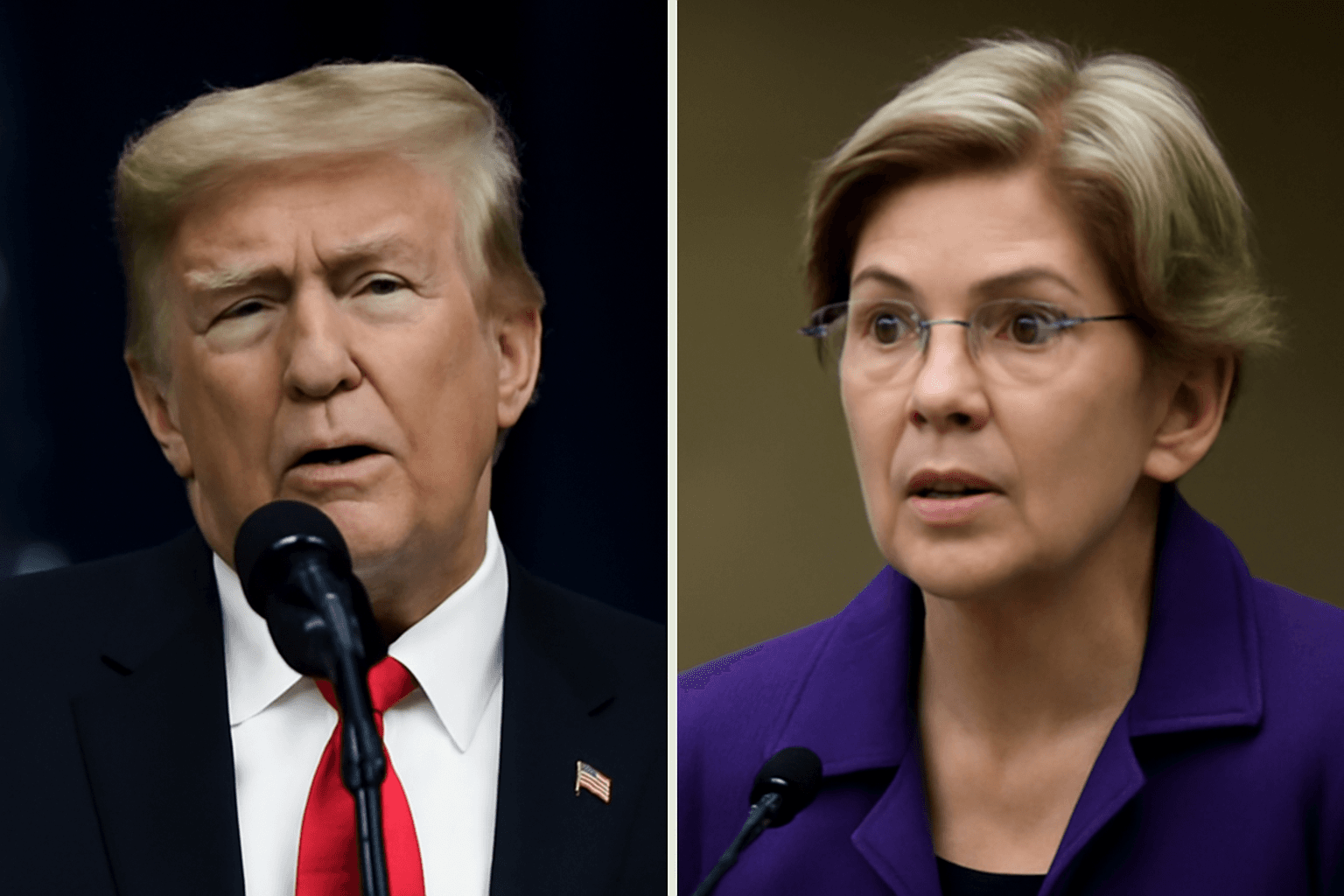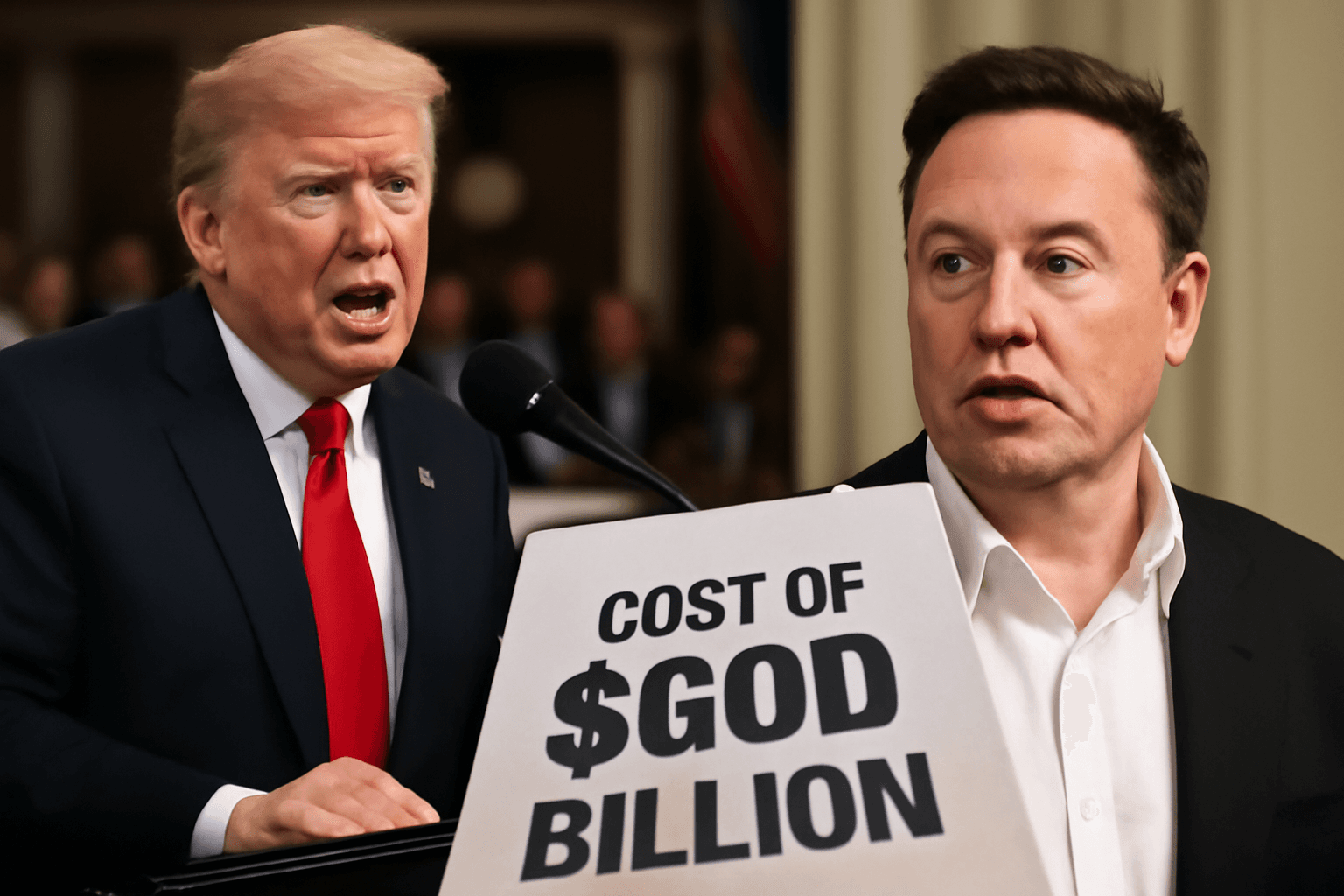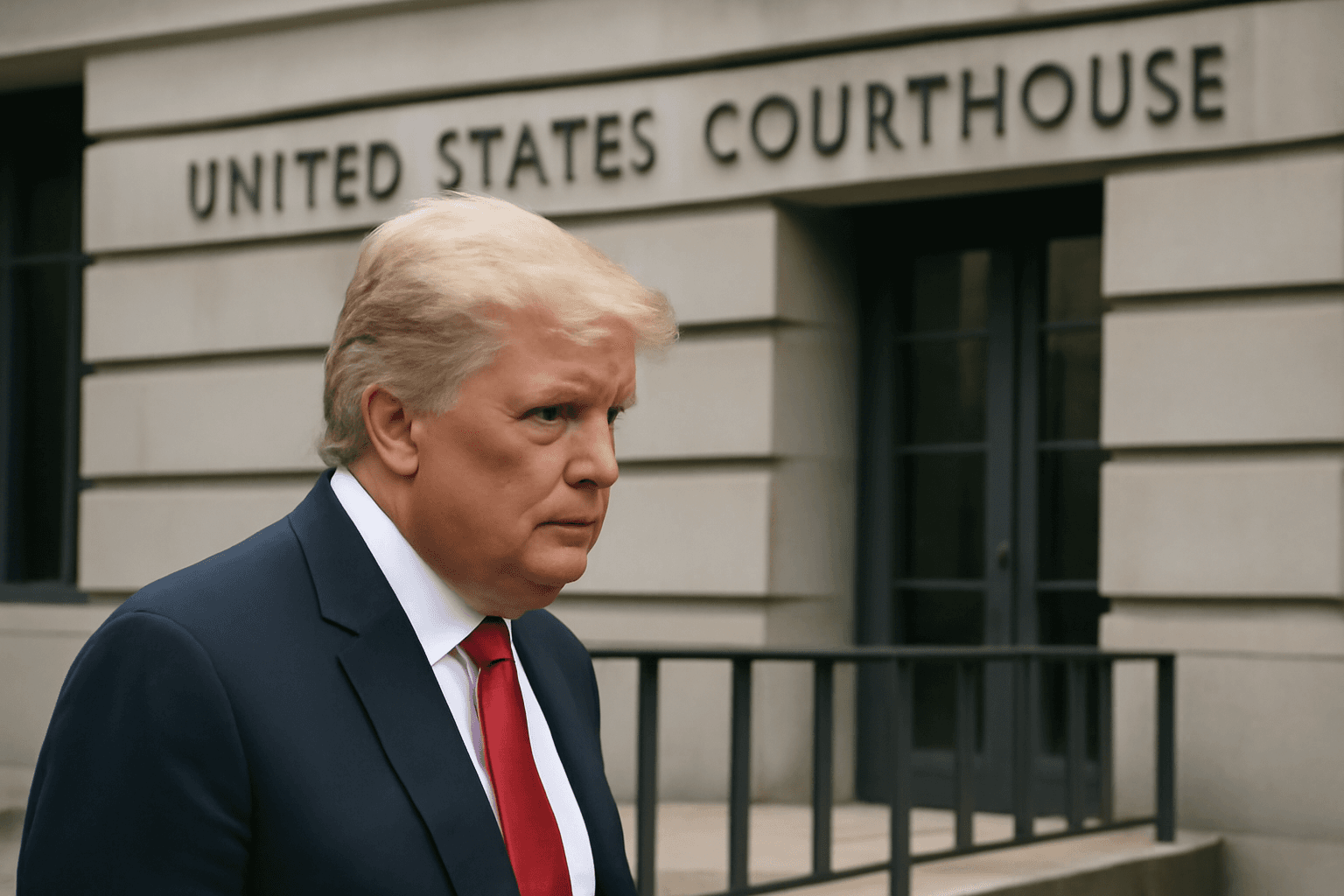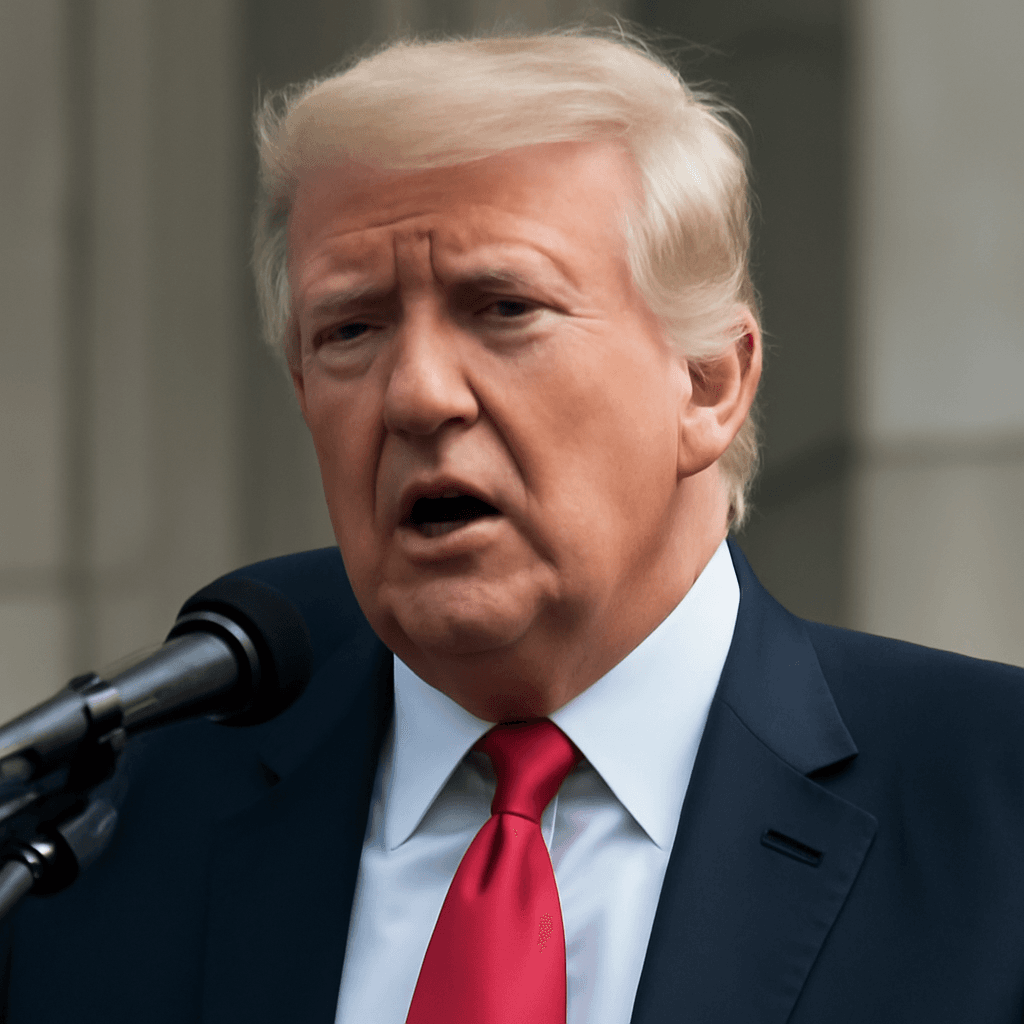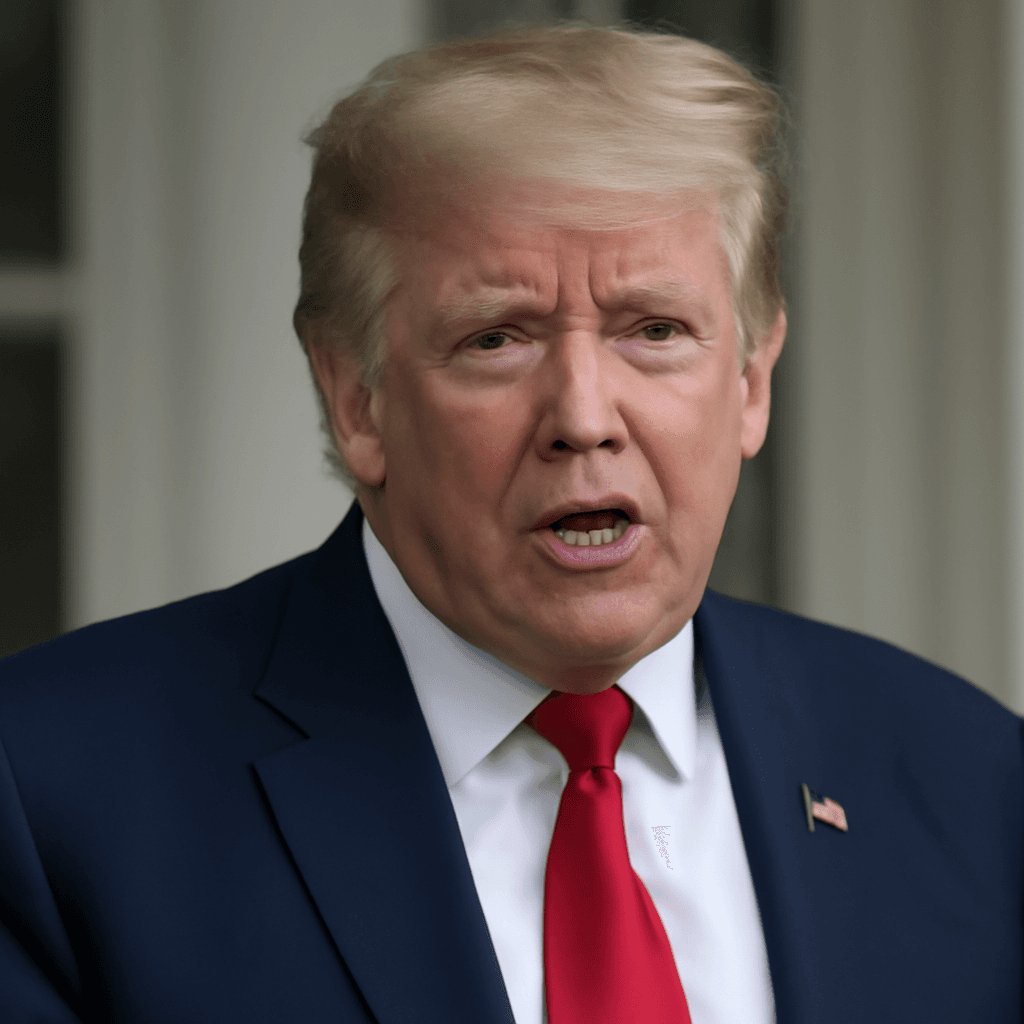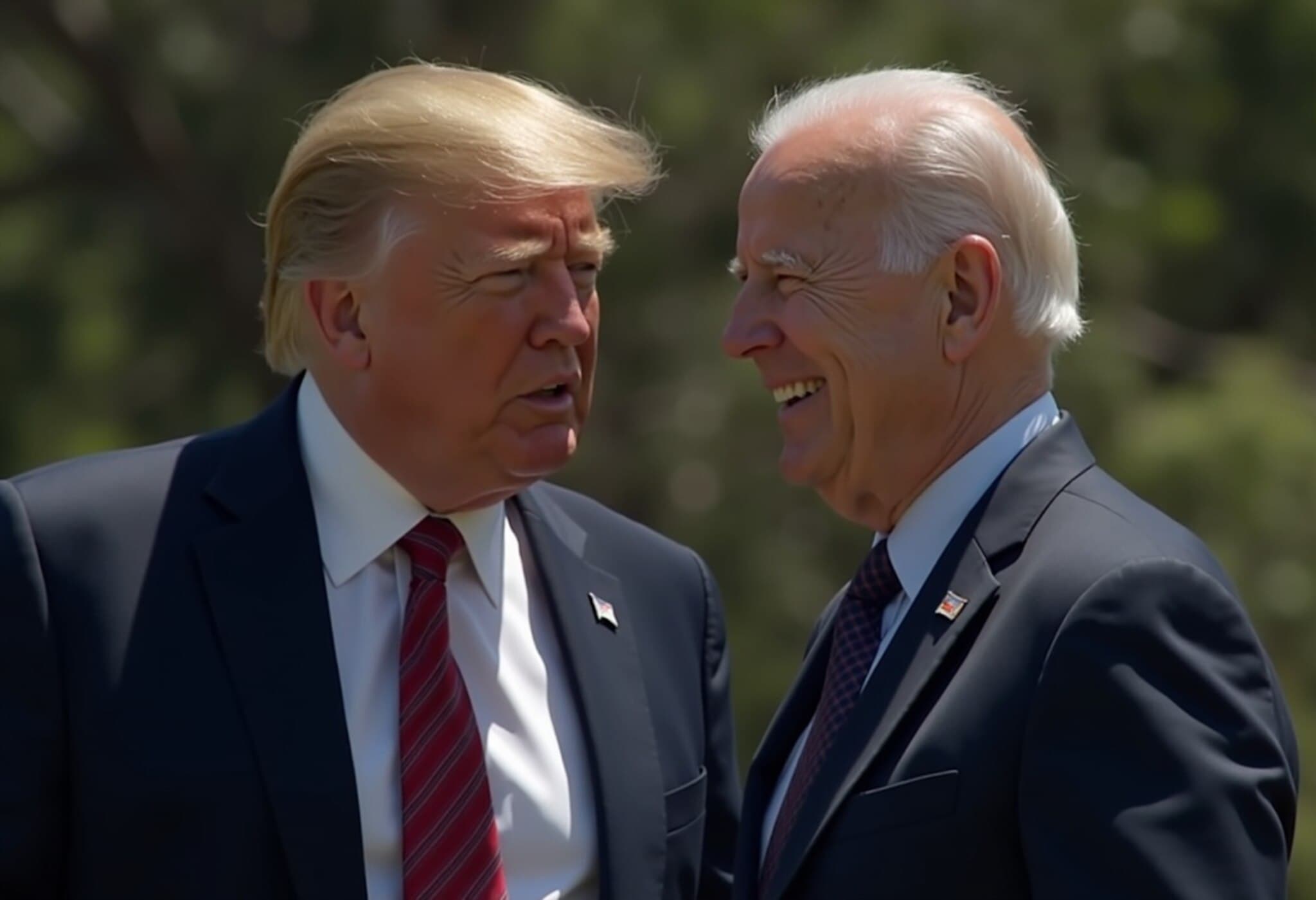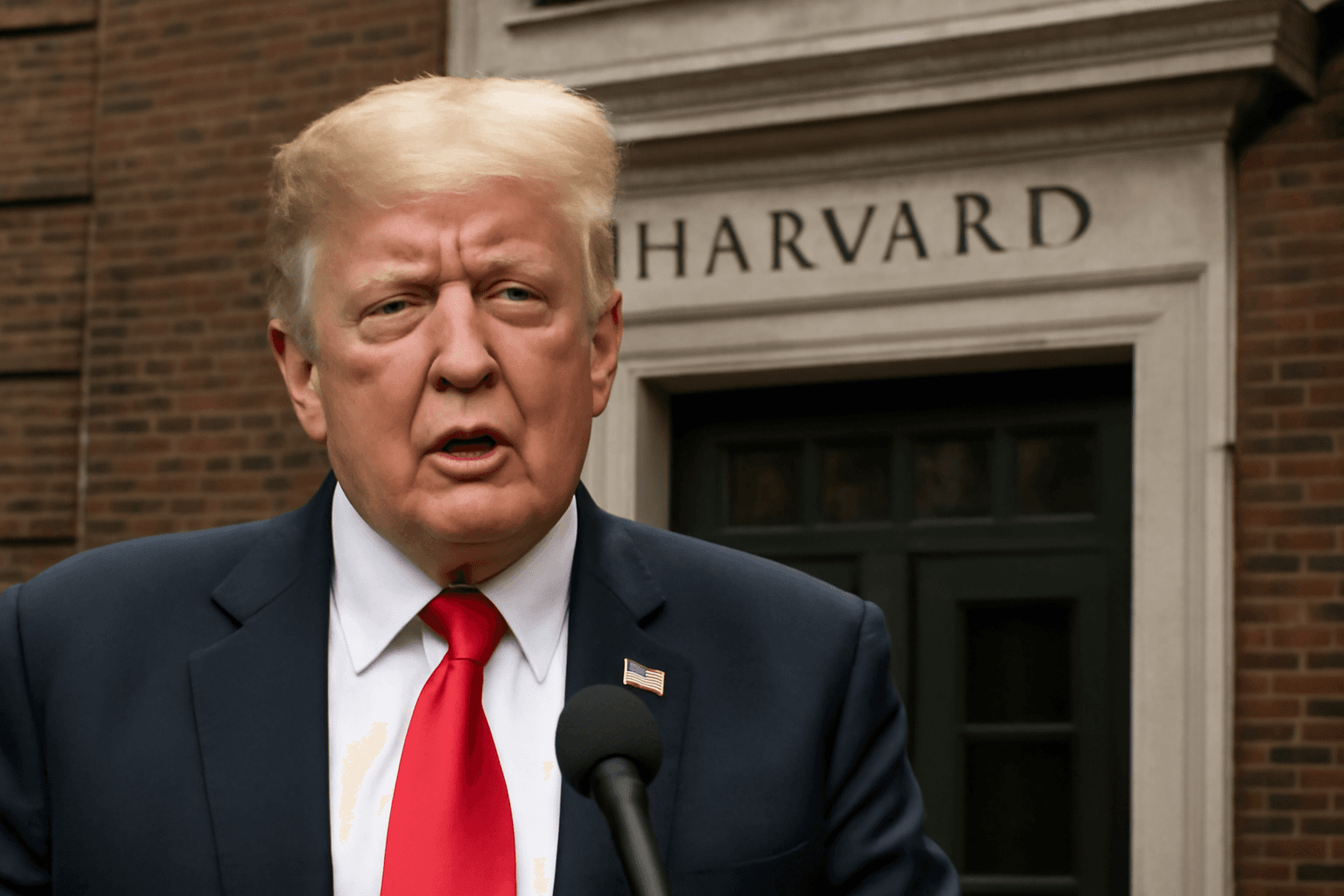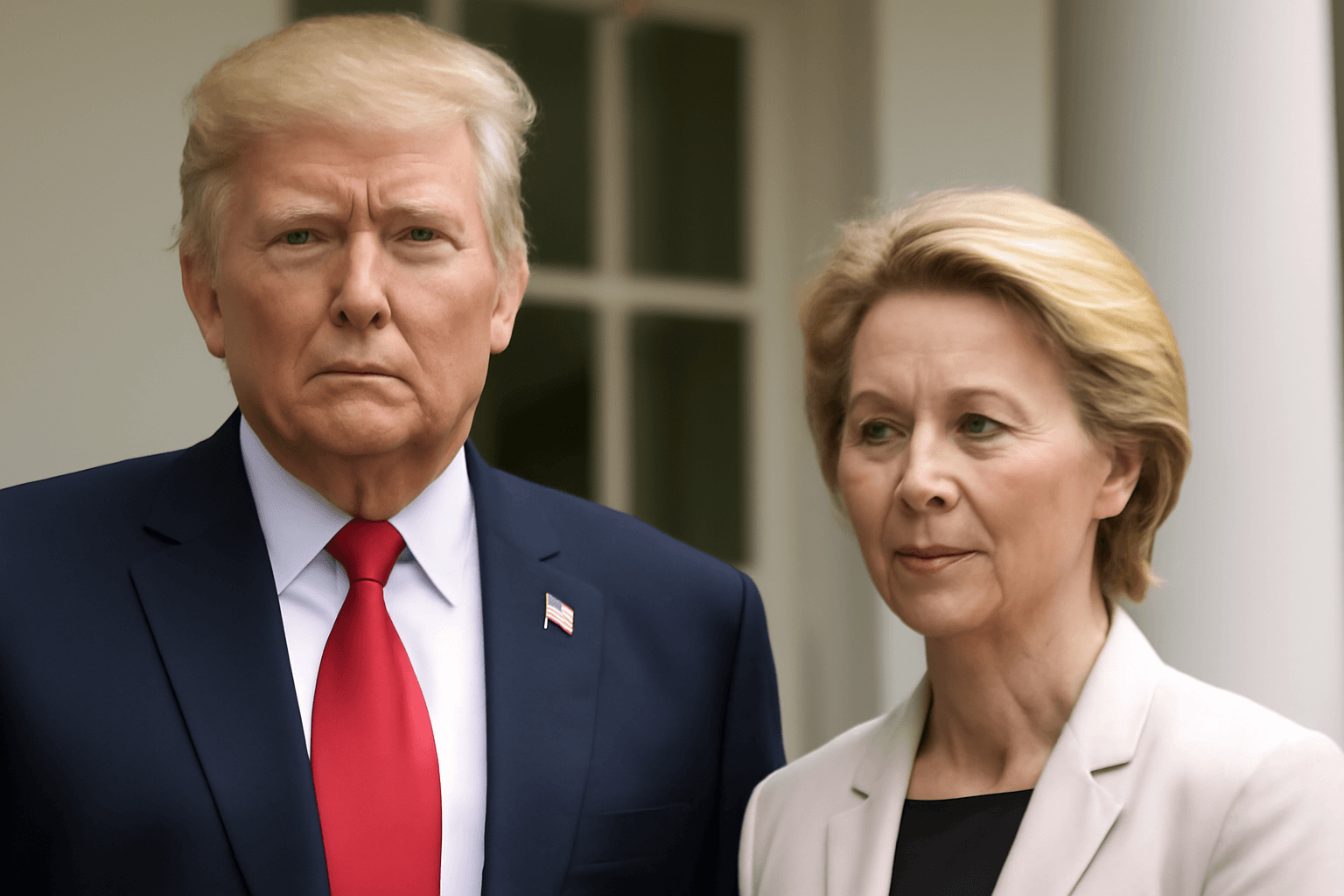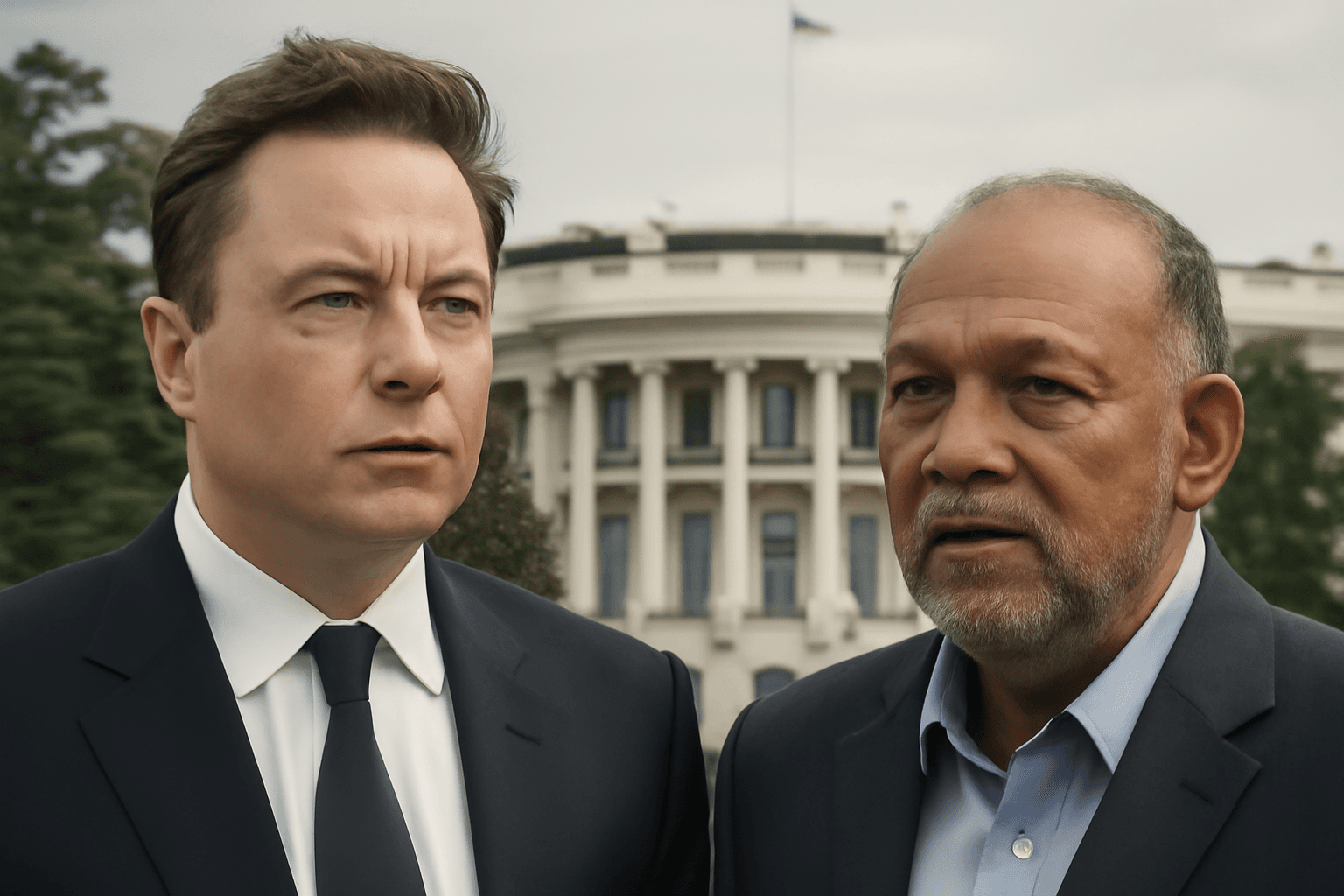Trump Amplifies Unsubstantiated Clone Theory About Joe Biden
Former President Donald Trump recently circulated a bizarre conspiracy theory alleging that Joe Biden, the current President of the United States, was executed in 2020 and replaced by a robotic clone. The claim, which lacks any credible evidence, appeared on Trump's social media platform, attracting significant attention and controversy.
Sharing the Outlandish Claim
Trump shared this theory by reposting a message from a relatively unknown user on his platform. The original post suggested, "There is no Joe Biden — executed in 2020. Clones, doubles, & robotic engineered soulless mindless entities are what you see." Although Trump did not explicitly endorse the claim, his amplification of the message fueled speculation and criticism regarding his intentions.
Context of Increasing Scrutiny on Biden's Health
This conspiracy theory emerges amid heightened scrutiny of President Biden’s mental and physical health. Following the release of a recent controversial book questioning Biden's fitness for office, Republican lawmakers have intensified their investigations. These inquiries include examining the alleged use of an autopen device by Biden to sign official documents, which some critics argue undermines presidential authority.
House Oversight Committee Chairman James Comer has spearheaded efforts to probe the president's health, summoning several of Biden’s close associates for questioning.
Biden’s Health Developments and Public Response
Last month, the White House confirmed that President Biden was diagnosed with prostate cancer that had metastasized to his bones. Despite this serious health challenge, Biden remains optimistic about his treatment progress states, “We’re going to be able to beat this... I feel good.”
Political Dynamics and Reactions
- Trump’s sharing of the clone theory is seen by many as an example of political trolling amidst the ongoing rivalry.
- Biden and Trump last met publicly during the 2025 presidential inauguration, after facing off in debates in both 2020 and 2024.
- Critics argue such conspiracy theories contribute to spreading misinformation and distracting from substantive political discourse.
The controversy underscores the tension in US politics, where health and fitness of elected leaders remain contentious topics intertwined with partisan narratives.

